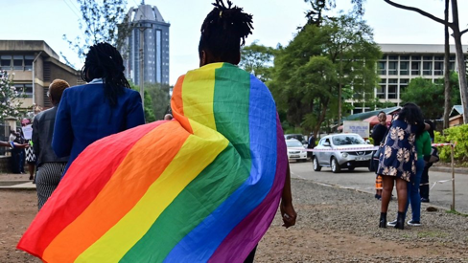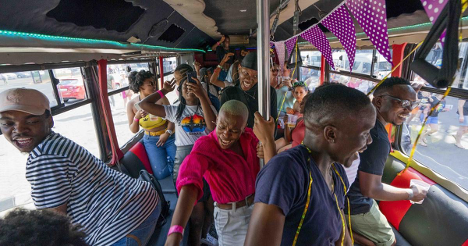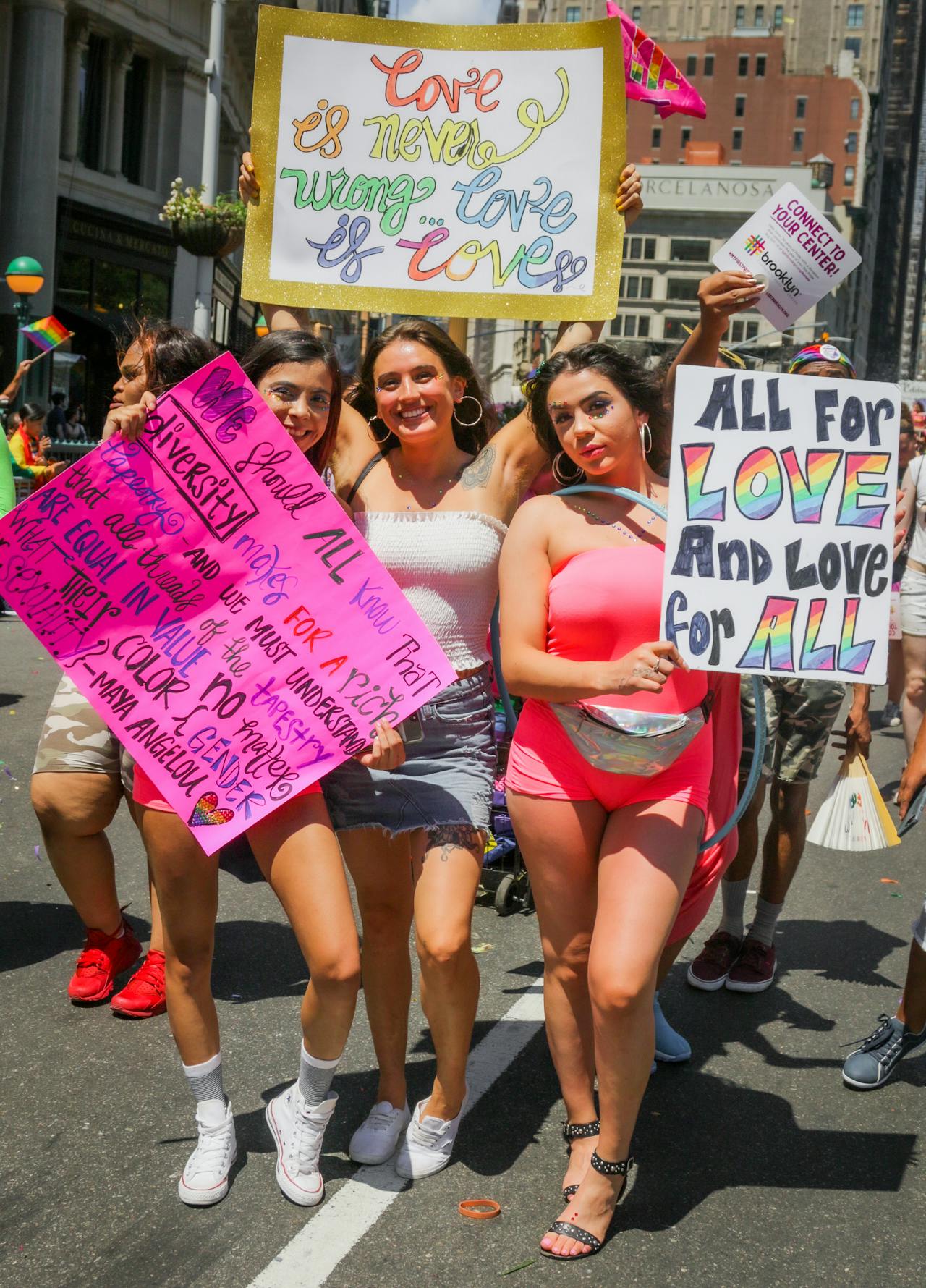For an LGBT couple or individual, going to new places is always fun and can prove to be a great discovery. However, it is crucial to take certain measures and precautions. You should know about the laws, customs, and attitudes towards gay rights and same-sex relationships in that particular country when traveling. Exploring different countries or even States means that you should devote time to studying the legal and social rights of lesbian, gay, bisexual, and transsexual individuals. These tips will enable you to remain secure, avoid issues, and have a pleasant trip.

Know the LGBT Travel Laws at Your Destination
LGBT people have different legal statuses and different rights in different countries around the world. While some countries grant full legal recognition to same-sex relationships, in others it is prohibited. But there are many degrees of murkiness in between. Therefore, before you travel, ensure that you have read the specific laws regarding the LGBT within the areas of destination.
The U.S. State Department website is particularly helpful. It offers details on national and local laws pertaining to discrimination based on gender identity and sexual orientation. Another source is the International Lesbian, Gay, Bisexual, Trans, and Intersex Association (ILGA). They release an annual State-Sponsored Homophobia report on laws concerning sexual orientation in different countries.
Key things to look into include:
- Is it legal for two individuals of the same sex to engage in sexual activities in the country? However, in approximately sixty-nine countries in the world, adult consensual same-sex sexual relations remain prohibited. In some cases, they can be punished by long-term imprisonment or death, depending on the country.
- Is same-sex marriage legal? Only 28 out of 196 countries have legalized same-sex marriage across the nation as of 2023.
- Regarding work, housing, and public accommodations, are people protected from discrimination on the basis of their gender identity and sexual orientation? More than fifty nations are covered in some capacity.
- Can members of the LGBT community hold positions in the armed forces?
- Exist any limitations on the right to free speech and association based on a person’s gender identification or sexual orientation?
- What is the legal status of trans people, such as the ability to change their gender on documents and the right to receive medical services?
Comparing the laws of the country or state that you intend to visit as an LGBT traveler will help you understand the legal position. You will learn the rights available or unavailable to the LGBT community. There is more to be said about laws.
Understand Local Attitudes and Gay Travel Rights
Even if a country has liberal rules and legislation regarding the non-discrimination of the LGBT community, the experiences of LGBT people and tourists can be different. LGBT acceptance depends on the degree of tolerance of sexual minorities in a particular country. This sometimes varies even in different regions or cities of a country.
That is why it is also necessary to attempt to gauge the overall mood, the attitude towards homosexuality, and the civil liberties of LGBT people. Additionally, assess the climate in the areas you plan to visit. In some countries, it may not be entirely legal to express affection towards someone of the same gender. Moreover, in other conservative societies, it is considered taboo to do so. Discretion is often advisable.
Discuss with other
people that you are close to or know personally who have visited your desired destination. All the information from the forums and the Facebook groups is created by other travelers who identify as LGBT. There are many online resources dedicated to gay travelers, such as GayCities, Spartacus World, and Musings from the Road. They might have destination guides that can be helpful in terms of getting a feel on the ground. Contact local gay newspapers, magazines, and websites in the places you plan to travel. They might be able to help you.

Be Aware of Local LGBT Regulations
It is also essential to remember that the laws and social norms may be quite different. In some cases, additional regulations and bureaucracy may be applied to LGBT travelers, which would not be the case for others.
For instance, trans individuals face challenges when they are denied entry into a country or when they are prevented from accessing hotel services. This may happen because their passports or gender IDs do not match their current appearance. For example, Russia, Indonesia, and other countries have used laws against propaganda of homosexuality to forbid various activities of the LGBT community.
Even in countries where the local legislation provides some level of protection to the LGBT population, any signs of affection might draw more attention. This could lead to subsequent actions from the authorities. Sometimes, certain locations may have local or regional laws pertaining to sexual minorities’ gatherings and events. It is also advisable to check for any current local ordinances or laws that may affect the LGBT community at your chosen destination.
Safety Considerations for LGBT Travellers
The sad truth is that members of the LGBT community are far more likely to become victims of violence, harassment, and discrimination in many states around the globe. This makes it crucial to be careful and follow measures that would ensure your protection and safety during travel.
Avoid drawing attention. Do not be overly affectionate and limit your intimacy in public areas. Avoid engaging in political activism and protest or expressing support for the LGBT community in other countries. Sometimes, people may even have to update their Facebook status or some part of their online persona before trips.
Avoid local hookup apps in some foreign countries as they are often managed by criminals or police who lure gay travelers into their traps. Indeed, what the beauty pageant winners were told was to go home with strangers after patronizing legitimate businesses.
Embrace the LGBT Travel Experience
However, it is possible to travel the world as an LGBT person and experience many benefits, even with the extra hardships. This will provide you with a good insight into the kind of lives that LGBT people lead around the world. It is possible to meet colorful and diverse gay-friendly populations and establish friendly relations with LGBT people and tourists. Your “pink dollars” can really go a long way in helping local LGBT-owned businesses in your chosen destination.
When you prepare your research and evaluate the laws and policies regarding the LGBT community in the country or city you are planning to visit, you’ll be ready for a wonderful and safe trip. Do not be afraid, pack your bag and your partner, and explore the world! Thus, always put safety first. Abide by local laws wherever you are.



